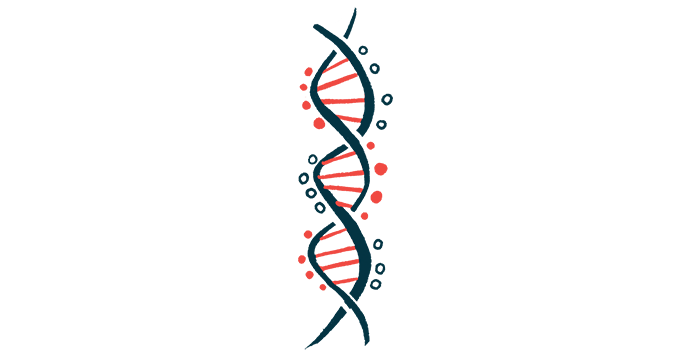Genetic Testing for Mitochondrial Disease

Genetic testing is a tool that doctors use to confirm a diagnosis of mitochondrial disease. If you or your doctor thinks you or a family member may have mitochondrial disease, they may recommend that you, as well as other family members, be tested.
What is genetic testing?
Genetic testing is a medical test that measures changes in genes, chromosomes, or proteins. A genetic test can help diagnose some genetic disorders. It can also help determine what the likelihood is that an individual will pass the disease on to the next generation.
How is genetic testing done?
Once your doctor has determined you need a genetic test, they will collect a blood sample from you at a hospital or clinic. They will send this sample to a laboratory for analysis. Depending on what your doctor ordered, the laboratory may test multiple genes or only one or two.
Genetic testing for mitochondrial disease generally looks for mutations and gene rearrangements in the mitochondrial genome (27 genes the mitochondria encode themselves) and a number of genes in the nuclear genome (genes present in the nucleus of the cell) that are important to mitochondrial function.
What happens after a genetic test?
Genetic testing can take a few days to a few weeks for laboratories to be complete. When the results are back, your doctor and genetic counselor will sit down with you to discuss the results and interpretation of your genetic test.
Depending on the test results, you may need to undergo additional tests to confirm a diagnosis. Your doctor will also discuss treatment options with you. Your genetic counselor will talk with you about whether any other family members need the test. The genetic counselor will also talk to you about the possibility of transmitting the disease to your children. Finally, they will give you information about reproductive technologies that can help prevent this transmission.
Last updated: May 11, 2020
***
Mitochondrial Disease News is strictly a news and information website about the disease. It does not provide medical advice, diagnosis or treatment. This content is not intended to be a substitute for professional medical advice, diagnosis, or treatment. Always seek the advice of your physician or other qualified health provider with any questions you may have regarding a medical condition. Never disregard professional medical advice or delay in seeking it because of something you have read on this website.






